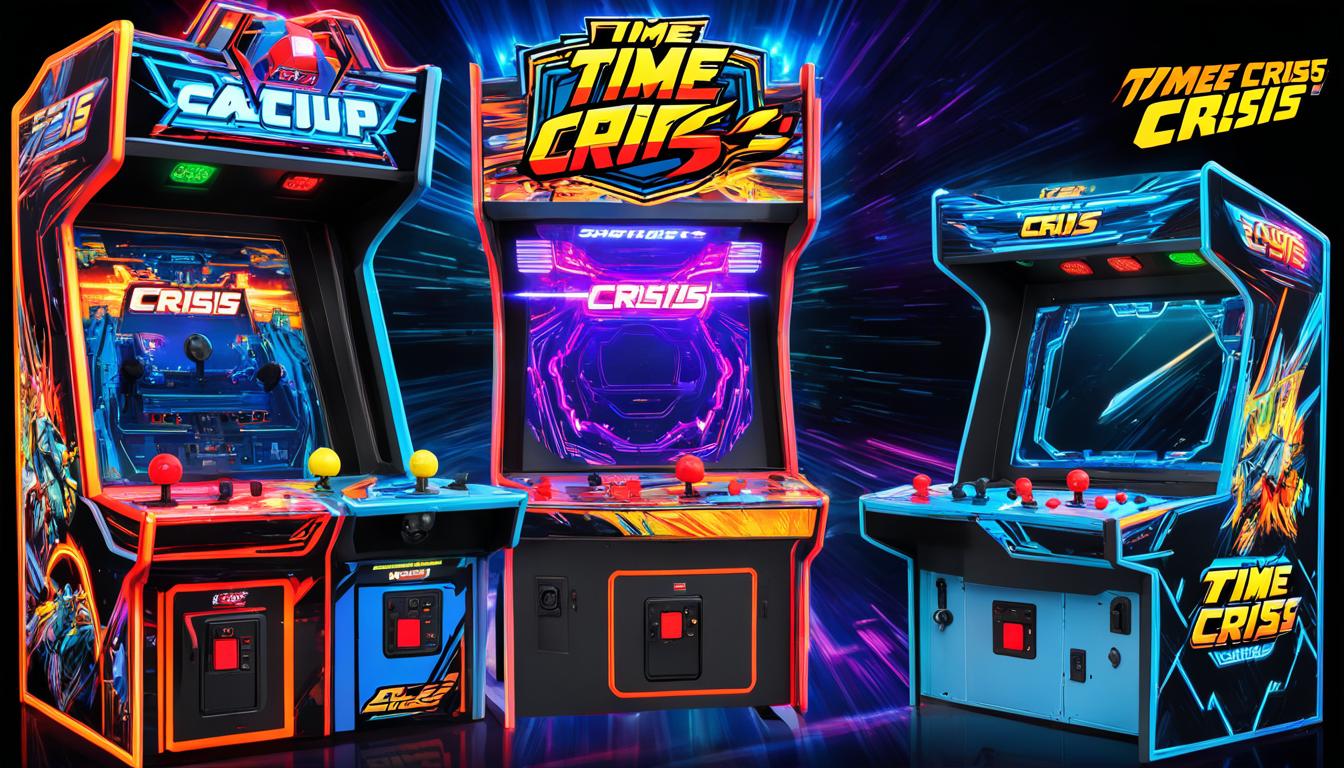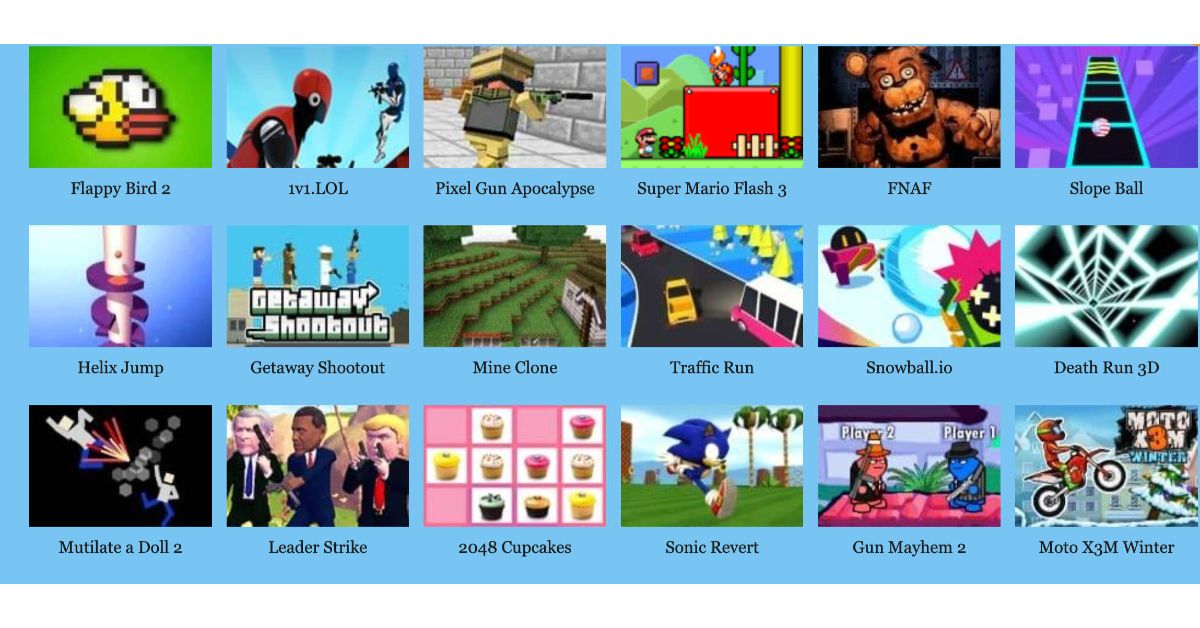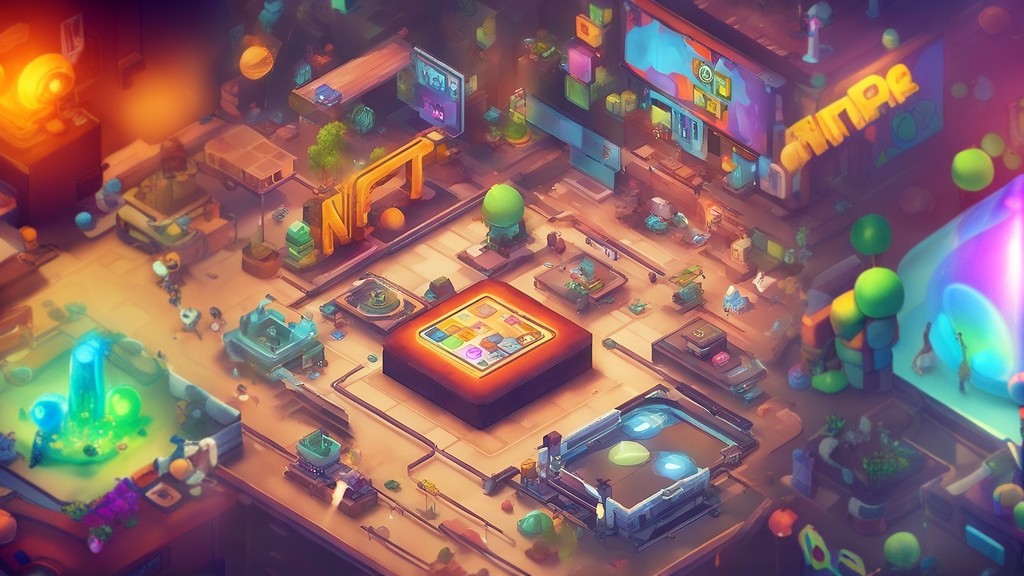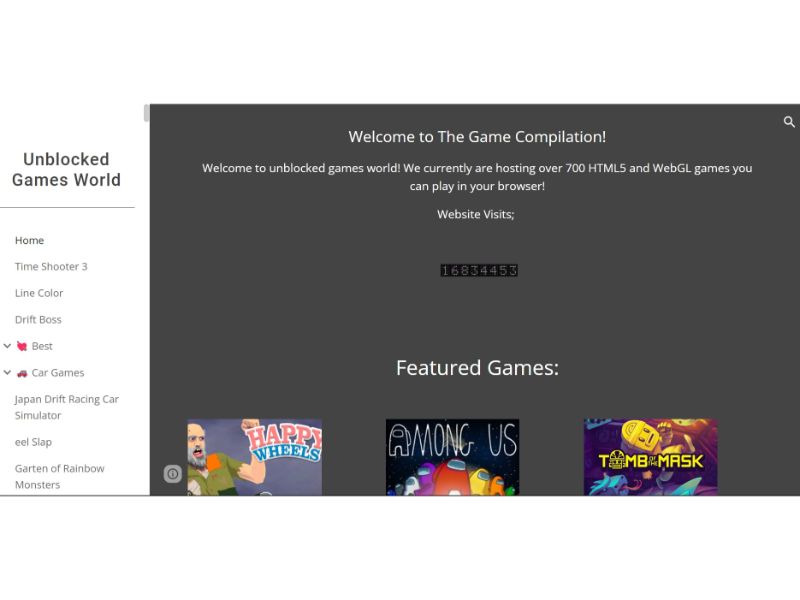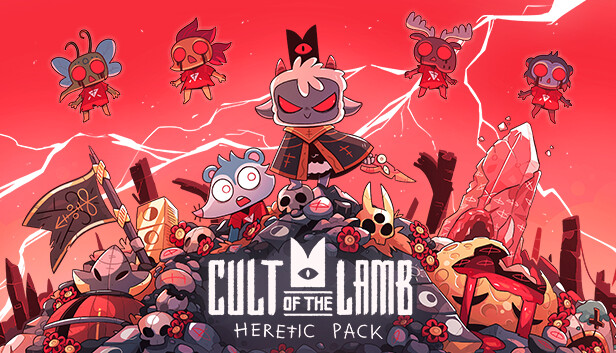While raking in the cash, free-to-play, or F2P, games have struggled to earn the respect of video gamers over the past few decades – and with good reason. Major publishers charging a fortune for cosmetic items or mobile developers placing all but the basic elements of a title behind a paywall are ideas that immediately went out of fashion.
But, for all the controversy the model has courted, F2P is the healthiest part of the video game industry and, arguably, the most important, heading into the new decade.
Freemium
It’s hard to find an aspect of the gaming industry that doesn’t benefit from F2P models. A large majority of mobile titles utilize freemium tactics for everything from new heroes to extra playtime, while online casino websites regularly offer incentives for players to get involved, such as deposit and welcome bonuses in 20Bet – Portuguese bookmaker. The existence of a free spins comparison site like NetEnt’s, for example, just goes to demonstrate how popular this practice is.
The gamesindustry.biz website describes F2P as a “stratospherically successful innovation”, which, as a summary, suggests that most gamers are happy to pay extra for an experience they enjoy, especially if the base product is free. Destiny 2, Dota 2, and CS: GO are all ranked ‘platinum’ in Steam’s top games of 2020; meaning that they were the most played titles on the platform. And microtransactions helped fund them all.
Recurring Revenue
The success of F2P has a lot to do with the changing attitudes to income among developers. While, once upon a time, single-purchase games sustained the entire industry, today, software creators of all kinds are moving towards recurring revenue and software-as-a-service (SaaS). Outside gaming, Adobe and Microsoft provide perfect examples of the SaaS approach, shifting to a subscription-based model for all their productivity apps.
Business Wire, citing Juniper Research, notes that the F2P industry will grow by 9% per year to 2023 when it will earn $8bn. Almost 100% of mobile apps will work on the freemium model by that year. However, the single-player experience isn’t going anywhere. Sony, in particular, stressed late in 2019 that solo games were more popular on the PlayStation platform than online multiplayer titles were.
Online vs. Offline
What all this means for gamers is debatable. It could be that the gaming industry fork into two distinct groups in the future; namely, cloud-based F2P titles and the more traditional video games. As a phenomenon, it’s already something that’s visible in gaming – especially in mobile games, where caps on mobile data usage have forced a stark divide between online and offline apps.
In summary, F2P is both the future of video gaming and its most valuable asset but this new(ish) approach to monetization doesn’t seem to be coming at the cost of the typical armchair experience. After all, recent single-player releases like Red Dead Redemption 2, Cyberpunk 2077, and Assassin’s Creed: Valhalla all earned millions for their developers on their very first day in the sun.

